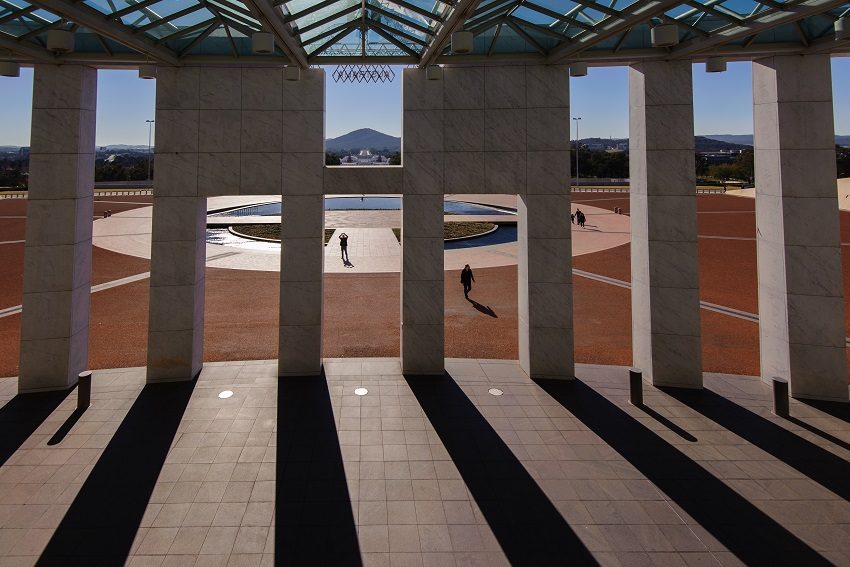Modern Times: Democracies in decline

Australians are used to observing from afar the repressive and anti-democratic tendencies of overseas regimes, but it’s time we took a good look at our own backyard.
Around the world, power is being centralised. This tendency towards strong leaders exercising greater authority is shaping the nature of societies they govern. Too often, darker angels are prevailing, and the rate of progress towards better societies has slowed and occasionally been reversed.
Xi Jinping’s consolidated and prolonged leadership has made him the most powerful Chinese leader since Mao Zedong. Power is never absolute but exists on a spectrum. Democratically elected leaders, too, are exhibiting authoritarian inclinations. Democratic institutions have been assiduously and consciously diminished, and efforts have been made to diminish or subdue voices of those at society’s margins.
In the world’s largest democracy, Narendra Modi was recently re-elected in a landslide. Modi has limited the autonomy of state governments, and nominated chief ministers who support his Hindu nationalist agenda.
In Japan, Abe Shinzo has taken power from the bureaucracy. Abe now has the power to select the highest-ranking bureaucrats from across government. Decline in media independence in Japan has also coincided with his prime ministership. An independent media is, of course, critical to a vibrant democracy. Abe is not the only elected leader who appears indifferent to the idea of journalistic independence.
Once, western leaders championed the need for strong democratic institutions the world over. Now, they now appear united in determination to weaken their own institutions. There are increasing incidents, for example, in which leaders in western democracies have demonstrated disdain for parliamentary process. Some have demonstrated little interest in parliament at all.
The integrity of other institutions has also been breached. In Australia, the independence of the public service and the media, and the influence of political donations, are increasingly questioned. Recently, a confluence of corrosive influences has been expressed in one single event: a Liberal Party fundraiser hosted at the headquarters of Nine Entertainment.
If we allow the underpinnings of our democracies to corrode, citizens will be denied full representation. Churchill once borrowed from an unnamed source that democracy is the worst form of government – except for all those other forms that have been tried. The lack of alternative should inspire protective instinct, but instead we sit idle and distracted, as our share in power becomes less equal.
Authoritative leaders’ exercise of greater power has coincided (though it is hardly coincidental) with more insular societies in which the thin veneer of civility has been pierced. There is an increased fear of ‘the other’ and less sympathy for those living on society’s fringes. Voices from outside a narrow set of decision-makers are muted, the light of their experiences and ideas dulled. The quality of our system of government will reflect the strength of our society.
Democracy is an expression of processes that take place daily. Holding an election at regular intervals does not guarantee good governance, nor does it necessarily make a democracy strong. If public servants do not feel able to give frank and fearless advice, if journalists feel their independence is compromised, if parliament is no longer respected as the most important theatre of public discourse, we will become a democracy in name rather than nature. And politics will become little more than a power gambit.
It is time for Australia to address the corrosion of our democratic institutions.
Header image:
Shutterstock